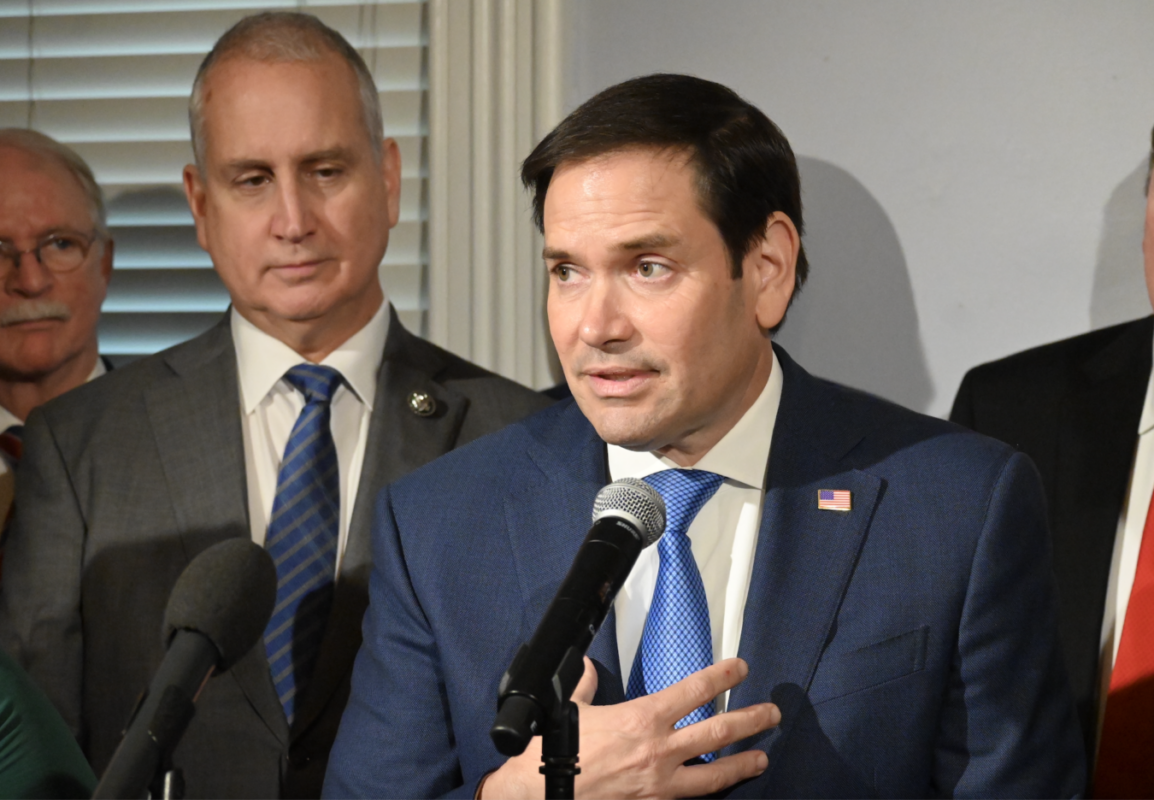Senator Marco Rubio (R-FL) has introduced the Make America Active Again Act – a bill that would set a minimum amount of time for physical activity in elementary schools that participate in the National School Lunch Program.
Students would be required to engage in 150 or more minutes of recess or physical education.
“Insufficient physical activity has been consistently linked to obesity, attention deficit disorders, poor sleep, and poor mental health,” the Rubio press release points out. “In children, these challenges result in long-term educational and developmental challenges, which leave them underprepared for adulthood.”
Moreover, the press release states that only nine states require public daily recess for elementary school students.
“As public health outcomes increasingly trend in the wrong direction, it is obvious that the elimination of recess and physical education from public school has been a tragic mistake,” said Sen. Rubio. “The habits our public schools instill in our children will carry forward for the rest of their lives, and it should be a priority to promote health and wellness.”
He continued, mentioning that the Sunshine State has been a model for providing physical education and recess time for students at the elementary level.
“Every elementary school student in Florida is guaranteed daily recess or PE,” said Sen. Rubio. “With the Make America Active Again Act, we will ensure every child in the United States has the opportunity to participate in physical activity during the school day.”
Sen. Rubio is not a stranger to public health policy. In 2023, he introduced the SNAP (Supplemental Nutrition Assistance Program) Education Allocation Modernization Act. The bill aims to “modernize the formula used by SNAP-Ed to determine each state’s allocation without increasing topline spending” from the federal government.
“SNAP-Ed is an important tool, but the current formula used to determine SNAP-Ed funding for each state is outdated and disadvantages most states. There is no reason to continue using an outdated formula based on data from 2009. My SNAP Education Allocation Modernization Act will ensure states receive funding that is responsive to the needs of their residents,” stated Sen. Rubio.
In the 2021 fiscal year, Florida accounted for over 8% of SNAP recipients but received just a little more than 2.5% of funding. In California, the Golden State accounted for approximately 10% of recipients but received almost 26% of the SNAP-Ed funding.











